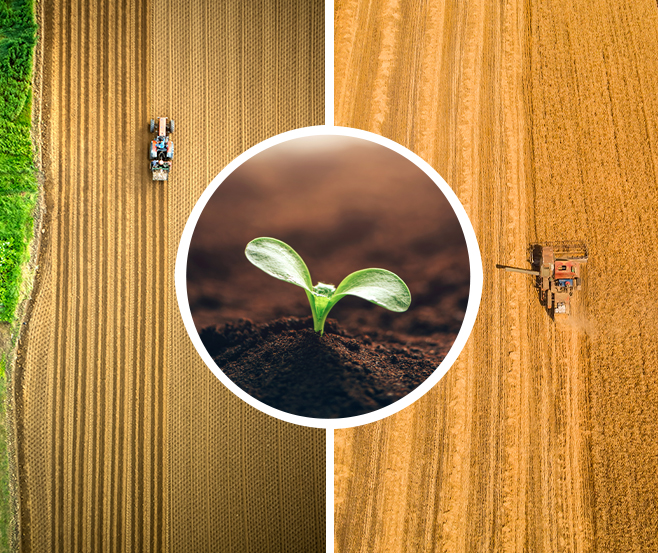Organic Cultivation
Organic Farming is an alternative agricultural system that originated early in the 20th century as a reaction to rapidly growing farming practices, where synthetic fertilizers and pesticides were on rising abnormally.
Organic farming is a production system that sustains the health of soils, ecosystems, and people. It relies on ecological processes, biodiversity, and cycles adapted to local conditions, rather than using inputs with adverse effects. Organic Agriculture combines tradition, innovation, and science to benefit the shared environment and promote fair relationships and good quality of life for all living begins and nature.
IFOAM(International Federation of Organic Agriculture Movement) has reported that the demand for organic food has grown rapidly, According to IFOAM Organic agriculture land in 1999 is 11 Million hectares now it has reached 74.9 Million hectares in 2020 worldwide with 1.6% organic share of total agricultural land in 2020.


KEY BENEFITS OF ORGANIC FARMING / ORGANIC PRODUCE
- Ensures long-term fertility of soils.
- Improves and maintains organic matter, soil flora, and fauna.
- Improves the water holding capacity of the soils.
- Protects the environment, minimizing soil degradation and erosion.
- Decreases water and environmental pollution.
- Organic farming benefits the farming community with a higher realization of this produce.
- Organic foods are toxins-free and develop a strong immune system.
- Antioxidants in organic food improve human health.
- Organic foods are much richer, flavorsome, nutritious, and nourishing.
- In the present day world, it is essential to keep up the natural balance at all costs for the consistent and continued coexistence of life and development. Organic farming carries this motto at its core.
Get in touch
Please leave the query you wish to have addressed below. We will contact you soon.